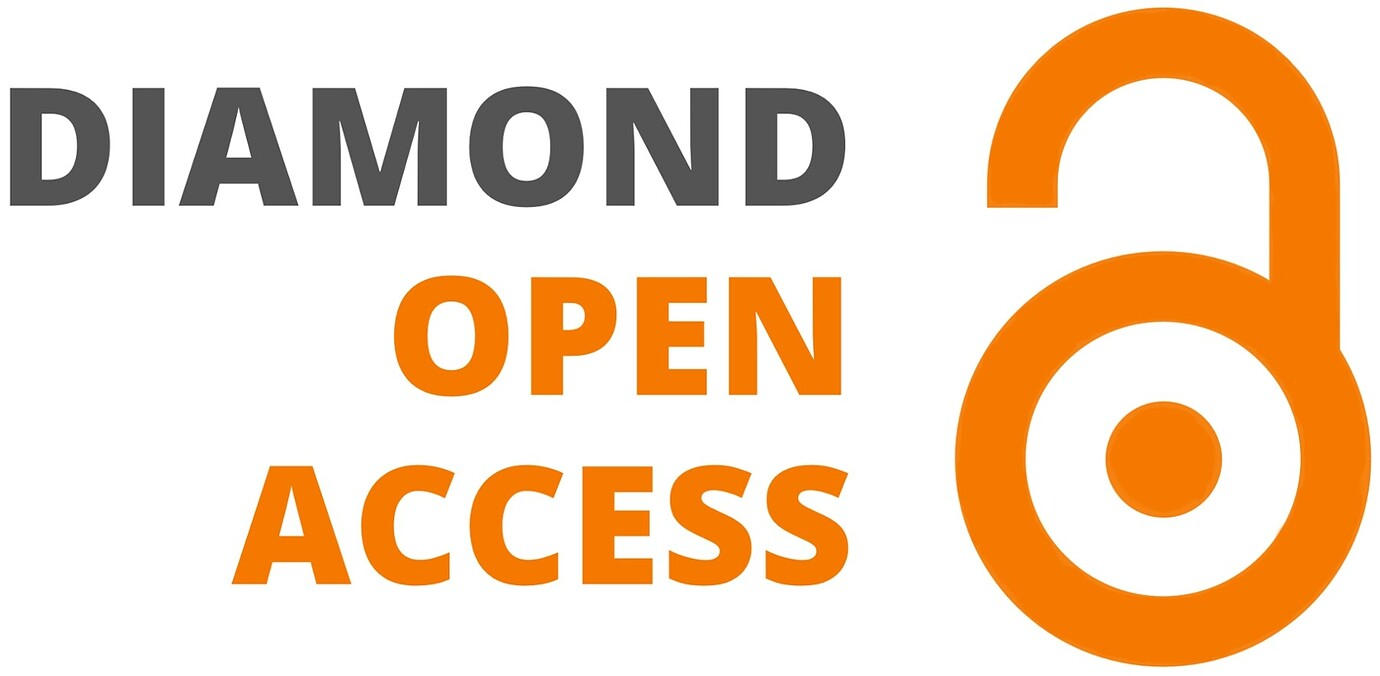Social norms in frontotemporal dementia: verbal justifications for moral and conventional transgressions
Keywords:
Sociocognition, Social norms, Moral and conventional judgments, Frontotemporal dementiaAbstract
Aim. The sociocognitive abilities of patients with frontotemporal dementia (FTD) were tested in a moral and conventional judgments task (MCJ). The objective was to compare various forms of FTD (behavioral variant bvFTD, primary progressive aphasia PPA-FTD and external face efFTD) by varying the object of the moral transgressions (others, close relative or oneself). We hypothesized to find more severe disorders in the bvDFT, especially for the moral transgressions on others and a close relative.
Method. A MCJ task was administered in 7 patients with FTD and 52 age-matched control with the same education level. A facial emotion recognition test and other neuropsychological tests were also completed, with certain criteria of exclusion for the control subjects. The MCJ task included 15 moral transgressions (5 on others, 5 on a close relative and 5 on oneself), 13 conventional transgressions, 10 normative items and 1 moral transgression situation in context.
Results. The verbal justifications concerning moral and conventional transgressions differ significantly between the patients and the controls, FTD patients give less specific and less suitable answers. Unexpectedly, they also produce a high number of unclassifiable answers. On the other hand, these disorders do not seem to prevail for moral transgressions on others or a close relative and do not seem specific to the bvFTD form.
Conclusions. These preliminary results suggest that the MCJ task might prove sensitive in the neuropsychological examination of all FTD, bvFTD and others forms, with appropriate linguistic semiology.




